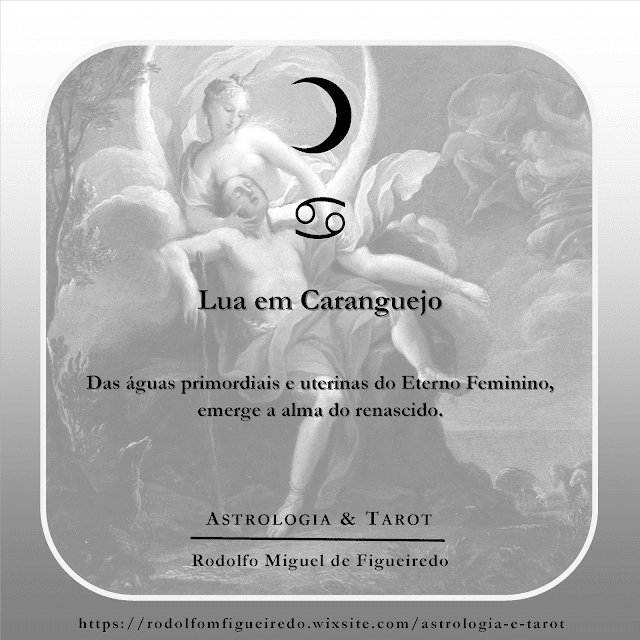Hübner, W., 2020, "The Professional Ἀϲτρολόγοϲ" in Hellenistic Astronomy: The Science in Its Contexts, ed. Bowen & Rochberg, 301-2.
Vettius Valens and Firmicus Maternus [Math. 2.30.2, 3.praef.1] celebrated astrology as worshipping the Sun, Moon, and planets or the divine Hermes Trismegistus. [Harpocration] writes that he owes his wisdom to Asclepius. Astrologers sometimes claimed to be priests of the heavenly bodies, even assuming a godlike status [CCAG 8.1.3, 136.31 (De planetis): cf. Manilius, Astr. 1.50, 2.30.1].19 and thus were more esteemed, presumably, by believers [e.g., [Quintilian], Decl. 4.3.4: cf. Stramaglia 2013, 99–100]. There may have been prayers to the planets or other astral divinities, and Vettius Valens engaged his pupils by oath [Anth. 4.11.11, 7.praef.3, 7.6.23].
From this conception of their task came the aspiration to live a purified life and have moral integrity [Valens, Anth. 6.praef.15] and thus to nourish the immortal soul, an ideal that resembles that of mystical cults. But although this aspiration was demanded in the handbooks, it seems to have been seldom realized. Whether or not some of the astrologers also practiced magical arts [so Dickie 2001, 111] cannot be proved.
Writing his L’Égypte des astrologues [1937], Franz Cumont was inspired by the Latin Liber Hermetis, which had been uncovered and published one year earlier by Wilhelm Gundel [Feraboli 1994, c. 25; Hübner 1995b]. Following the lead of Wilhelm Kroll’s “Kulturhistorisches aus astrologischen Texten” [1923], Cumont conjectured that astrological texts reflected the society of Ptolemaic Egypt and assumed a common source written by astrological priests of the temples in the Nile valley [1937, 124–131]. Louis Robert protested immediately, saying that the texts are not limited to Ptolemaic Egypt but reflect the life of the entire Greco-Roman world, the later empire included [1938, 77–86: but see Barton 1994a, 159–160]. Ignoring this principal objection, Daniela Baccani has tried to corroborate Cumont’s idea so far as it relates to the ostraca excavated at Medinet Madi [1992, 50–51].23 Finally, James Evans has traced out a lively picture of the temple astrologers in Egypt in the second century ce, defining them as priests of Serapis [2004, 27–37, against Kroll 1923, 213]. This may be convincing for Ptolemaic Egypt; but under the Lagides, the astrological lore had been secularized and globalized. Throughout the whole Roman Empire, many astrologers were not settled but traveled across countries, as Vettius Valens relates about himself [Anth. 4.11.4:, 9.15.11].

Hübner, W., 2020, "The Professional Ἀϲτρολόγοϲ" in Hellenistic Astronomy: The Science in Its Contexts. ed. A. C. Bowen & F. Rochberg, 297-320. Leiden/ Boston: Brill.







